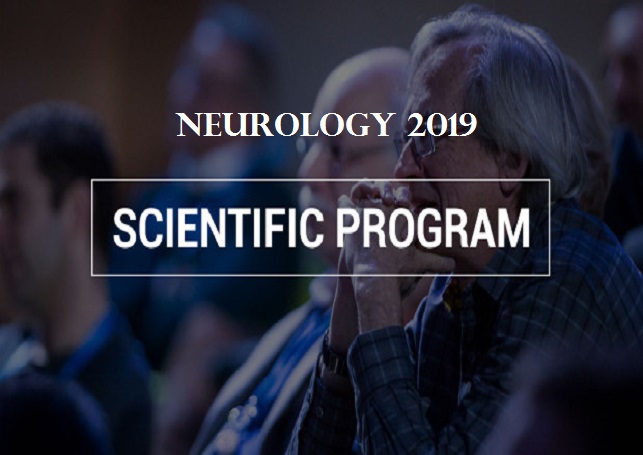
Biography
Biography: Aurel Simion
Abstract
Background: Oxidative stress in acute ischaemic stroke was extensively evaluated in the past years. Attempts to influence it in animal models of stroke showed benefit, but in human clinical trials the results were disappointing.
Material & Methods: The oxidative stress was evaluated by sequentially measuring the malondialdehyde levels in a series of 100 consecutive ischaemic stroke patients. Stroke subtype was classified according to the TOAST criteria. Patients with undetermined stroke subtype and with other causes of increased oxidative stress were excluded.
Results: Oxidative stress was significantly increased only in cardioembolic stroke. This can be explained by the fact that the embolus is not adherent to the vessel wall and often undergoes spontaneous fragmentation and lysis, reestablishing the blood flow. Spontaneous recanalisation of the vessel leads also to haemorrhagic transformation often seen in cardioembolic strokes. On the other hand, reestablishing the blood flow supplies the oxygen which is needed for oxidative stress to develop. These findings can also explain the experimental results found in animal models, in which ischaemic stroke was accomplished by temporarily clamping the carotid artery. Further developing the idea, antioxidant therapy could prove beneficial in those stroke subtypes in which blood flow is reestablished, namely embolic stroke, after thrombolysis or mechanical clot retrieval by diminishing the magnitude of reperfusion injuries.
Conclusion: It would be worth reevaluating the effect of antioxidant therapy only in cardioembolic stroke and in the context of vessel recanalisation.

